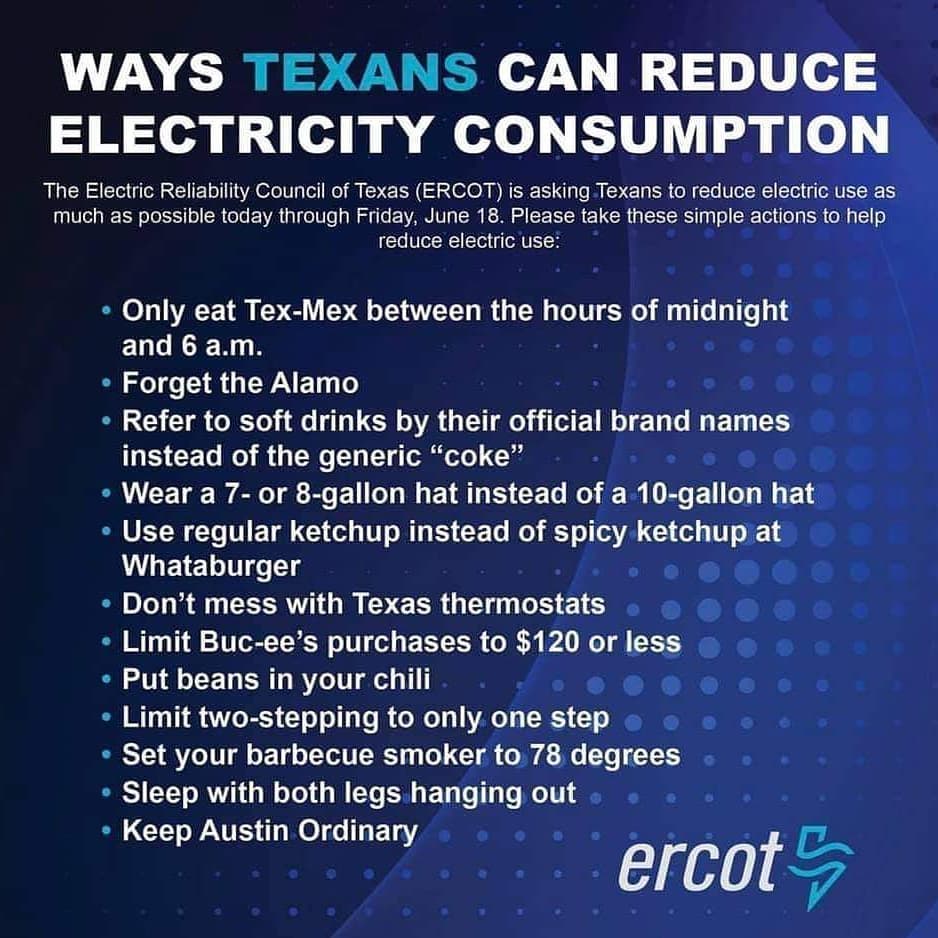As Texans continue paying off the costs of the deadly 2021 winter storm, state lawmakers are considering a Republican-backed proposal that would allow for more frequent rate hikes and prevent cities from challenging the increases.
Supporters of Senate Bill 1015 say it would help bolster the power grid, making it easier for utilities to recover the costs of building poles and wires to transmit electricity across growing cities.
For years, cities have negotiated settlements with electric utilities over these proposed rate hikes, securing lower costs for residents and businesses if they can show the increase is excessive.
While electric utilities have to go before the Public Utility Commission every four years to justify what they charge overall, they have also been allowed since 2011 to periodically hike rates to cover new distribution lines and any related costs. As of now, companies can do a distribution-related increase only once a year, and only if an existing rate isn’t under review by the PUC.
SB1015 would let utilities seek two distribution rate hikes a year, including when they have a rate case pending. And it would make the PUC, not cities, responsible for reviewing and challenging the hikes.
Critics say the bill would cost ratepayers millions. It would amount to “utility self-regulation,” with “the potential of multiple, sizable increases to ratepayers over a very short period,” argued Tina Paez, director of Houston’s Administration and Regulatory Affairs Department.
“The current law strikes a good balance between the utility that makes the capital investment and the ratepayers that fund it,” Paez told a panel of Senate lawmakers this week. “But the proposed bill would eliminate that balance, tipping the scales entirely in the utilities’ favor.”
The bill’s author, state Sen. Phil King, said the measure “is about trying to bring consistency and efficiency” to the process of recouping costs.
Aside from distribution costs, utilities are allowed to seek rate hikes up to twice a year for work on transmission lines, which carry electricity from power stations to substations (as opposed to from substations to homes and businesses). King said his bill would apply the same standard to both transmission and distribution lines.
The Weatherford Republican also said he wants to reduce the legal fees that utilities pay when cities challenge their interim rate hikes. Utilities are entitled to pass those litigation costs on to ratepayers.
“At the end of the day, whatever we do to streamline the administrative process, the review process, theoretically reduces attorneys fees, reduces other costs involved, and that ultimately saves the person paying the bill a lot of money,” King said.
The proposal comes as CenterPoint Energy, the regulated utility that distributes most of the electricity in the Houston area, prepares to recoup $200 million it spent to lease mobile power generators during emergencies.
I don’t know enough about this to say with any confidence what the effect of SB1015 would be. But I do know that I don’t trust Phil King, I fear the Republican attacks on cities’ authority, and any bill involving regulation of utilities that doesn’t come with the support of stakeholders like cities and consumer groups is automatically suspicious to me. Your mileage may vary, but that’s my perception of this one.

